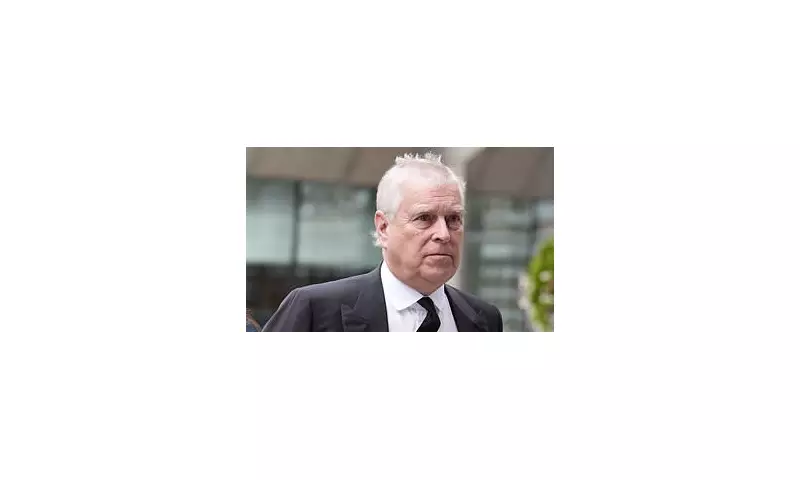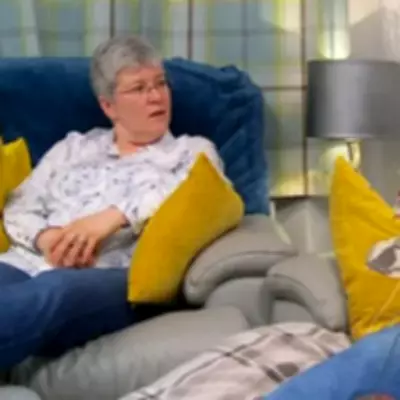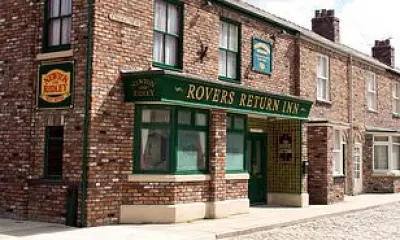
In a dramatic royal showdown that signals his complete removal from the inner circle, Prince Andrew has lost his bitter battle to remain at the opulent Royal Lodge in Windsor, according to palace insiders.
The Duke of York, once known as the Queen's favourite son, is now facing what amounts to a royal eviction from the 30-room mansion he has called home for over two decades. King Charles has delivered an ultimatum that leaves Andrew with two stark choices: move to the much smaller Frogmore Cottage or face having his taxpayer-funded allowance completely withdrawn.
The Royal Power Play
Sources close to the royal household reveal that the King's decision represents a final break from the scandals that have plagued his brother's reputation. The move comes after Andrew's disastrous BBC Newsnight interview and his settlement of a civil sexual assault case with Virginia Giuffre, who accused him of abuse—allegations the Duke has consistently denied.
"This isn't just about downsizing—it's about drawing a line under the Epstein era," a senior palace aide disclosed. "The King is determined to modernise the monarchy and cannot have such a controversial figure occupying one of the crown's most prestigious properties."
A Home Steeped in History
Royal Lodge boasts a rich royal heritage that makes Andrew's departure particularly symbolic. The Grade II-listed property was once the beloved country retreat of the Queen Mother, who lived there until her death in 2002. The 98-acre estate features stunning gardens, multiple reception rooms, and a level of luxury that Frogmore Cottage simply cannot match.
Andrew invested substantial personal funds into renovating the property, including a £7.5 million loan from the late Queen, creating what he considered his forever home. Now, at 63 years old, he faces the prospect of starting over in a property that previously housed Prince Harry and Meghan Markle before their own royal exit.
The Financial Squeeze
The royal ultimatum carries significant financial weight. Without his £249,000 annual grant from the Sovereign Grant, Andrew cannot hope to maintain Royal Lodge's enormous running costs, estimated at over £400,000 per year. The property requires constant maintenance and employs a substantial staff—expenses the Duke cannot cover without royal support.
This financial pressure tactic demonstrates King Charles's determination to streamline the monarchy while addressing public concerns about supporting controversial royals with taxpayer money.
What Comes Next for the Duke?
As Andrew contemplates his diminished future, royal watchers note that this move completes his transformation from senior working royal to peripheral figure. The downgrade to Frogmore Cottage—a five-bedroom home previously deemed unsuitable for the Sussexes' growing family—sends a clear message about Andrew's standing within The Firm.
While the Duke continues to protest that he has a valid 75-year lease on Royal Lodge, palace sources indicate the King holds all the cards in this high-stakes royal confrontation. The monarch's ability to control the purse strings ultimately makes resistance futile.
This relocation represents more than just a change of address—it's the final act in Prince Andrew's fall from grace, cementing his status as the royal family's most problematic relative in modern history.





